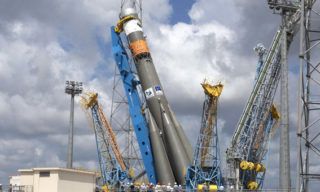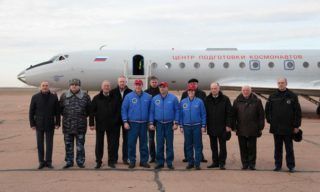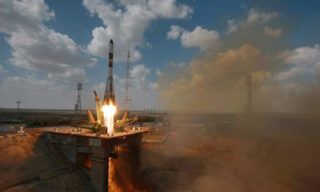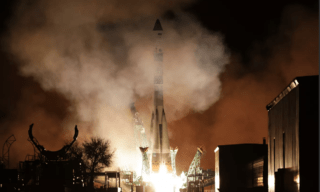The International Space Station (ISS) will host a spacecraft rotation this coming weekend. The manned Crew Dragon will be docked to another port of the Harmony module of the American segment. This is necessary to make room for the Cargo Dragon, which is expected on November 5.
Leading the rotation will be the crew of the 72nd-long expedition, which continues its work on the ISS. On board the Crew Dragon manned spacecraft called Freedom will climb a crew of four people: NASA astronauts Nick Hague, Sunita Williams, and Butch Wilmore, as well as a cosmonaut of Roscosmos Alexander Gorbunov. They will have to undock the ship from the forward port of the Harmony module and move the vehicle to an adjacent port of the same module. The operation will begin on November 3 at 13:35 Moscow time and will last just under an hour.
The docking maneuver will free up one of Harmony’s ports to dock the Cargo Dragon cargo ship. It will deliver 2.72 tons of cargo, including food and other supplies for the crew, as well as materials for scientific research and experiments, as part of the 31st station supply mission (CRS-31).
The cargo ship is scheduled to launch on November 5 at 4:29 Moscow time using a Falcon 9 rocket from pad LC-39A at the Kennedy Space Center in Florida. Cargo Dragon is expected to reach the station and dock with the Harmony module at 17:15 Moscow time. It is planned that the “truck” will stay on the orbital complex until December, after which it will leave it and return to Earth.
Besides food, consumables for scientific research, and equipment, Dragon will deliver to the ISS several new experiments, including the Coronal Diagnostic Experiment to study the solar wind, as well as installation for testing cold welding of metals in microgravity. Antarctic moss will also arrive at the station to experience the combined effects of cosmic radiation and microgravity. Other upcoming onboard experiments include studying the impact of space conditions on various materials.
Cargo Dragon is a reusable cargo ship that can survive re-entry into the Earth’s atmosphere. For this reason, it is used to return research materials from the space station. The other two currently in service, Northrup Grumman’s American Cygnus and Russia’s Progress, burn up in the dense atmosphere. The previous cargo ship Cargo Drago arrived at the ISS on March 23. Then it delivered more than 2.8 tons of food, equipment, and other supplies.



















